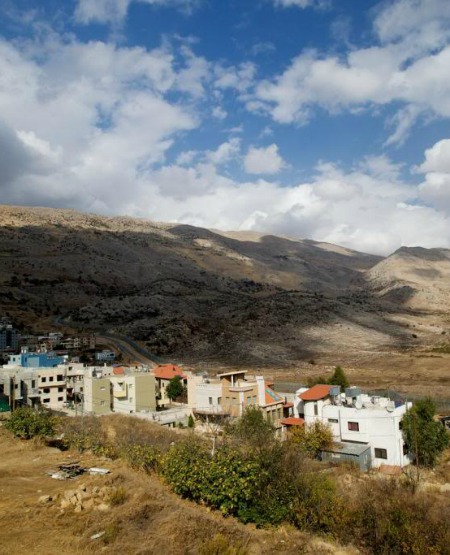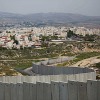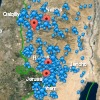This week, Alpher discusses what we should focus on with regard to the abduction-settlement link; if there is any link between the abduction, presumably by Palestinian Islamist extremists, and the military successes last week of the ISIS salafi group in Iraq; how all this will affect the Palestinian unity government experiment; and how the election of Reuven (Ruvi) Rivlin as president of Israel last week will affect the Israeli political discussion of settlements and the two-state solution.
--Percentage of Israeli Jews who believe settlements harm Israel’s relationship with the US government.**
--Shin Bet chief Tamir Pardo said to ministers ten days ago, in an effort to convince them not to approve a bill preventing releasing terrorists.**

Veteran Israeli journalist Danny Rubinstein, who has been covering Palestinian affairs for Israeli daily newspapers since 1967, shared his observations on current Israeli-Palestinian relations in perspective of 47 years of Israeli occupation of the West Bank and Gaza Strip.
--Defense Minister Moshe Yaalon decides to leave Border Police forces inside radical Yitzhar settlement.**
--MK Dov Khenin (Hadash) responds to statements by Deputy Defense Minister Zeev Elkin that there is no choice but remove Palestinians from their homes in IDF firing zones.**

Author and Journalist Daniel Rubinstein is Israel’s longest serving Palestinian-affairs correspondent, first with Davar (1967-1990), then with Haaretz (1990-2008) and now with Calcalist, Yedioth Ahronoth’s business daily. He is the author of three books, including The Mystery of Arafat, and The People of Nowhere about the Palestinian refugees. He was born and resides in Jerusalem.
An APN Briefing Call with Rubinstein will be Friday, June 13, 1:00 PM EST
Call-in Number: 951-797-1058
Participant Access Code: 147414
For a link to the recording available soon after, Email kcunningham@peacenow.org.
--Haaretz+ Knesset reporter writes that the President-elect Rubi Rivlin is not afraid of controversies and really does intend to represent all facets of Israeli society.**
On the 47th Anniversary of the Occupation: Time for Hard Truths, Tough Actions
 Forty-seven years ago this week, Israel won a stunning victory in the 1967 War. This was not
a war of Israel’s choice or making. It was a defensive war, with Israel facing threats by armies from
countries on all sides seeking Israel’s destruction. Repelling and defeating these armies, Israel sent a
resounding message to the region and the world: we are here to stay.
Forty-seven years ago this week, Israel won a stunning victory in the 1967 War. This was not
a war of Israel’s choice or making. It was a defensive war, with Israel facing threats by armies from
countries on all sides seeking Israel’s destruction. Repelling and defeating these armies, Israel sent a
resounding message to the region and the world: we are here to stay.
Israel’s victory in the 1967 War left it with a pressing question: what to do with the additional land now under its control: the West Bank (including East Jerusalem), the Gaza Strip, the Sinai Peninsula, and the Golan Heights. As recognized by many Israelis – and demonstrated in the Camp David Accords with Egypt – these lands offered Israel the opportunity to normalize its position in the region through agreements with its Arab neighbors, based on the principle of land for peace.
Forty-seven years later, such normalization remains a distant dream. Rather than act in good faith to seek agreements based on land-for-peace, for 47 years successive Israeli governments have actively and passively collaborated with Israel’s own extremists in their efforts to take land-for-peace off the table in favor of fulfilling their own grandiose, messianic vision of Greater Israel. And now they’ve succeeding in killing what many believed was the best chance for a negotiated peace agreement with the Palestinians that has ever existed, and the best chance that may exist for a long time to come.





